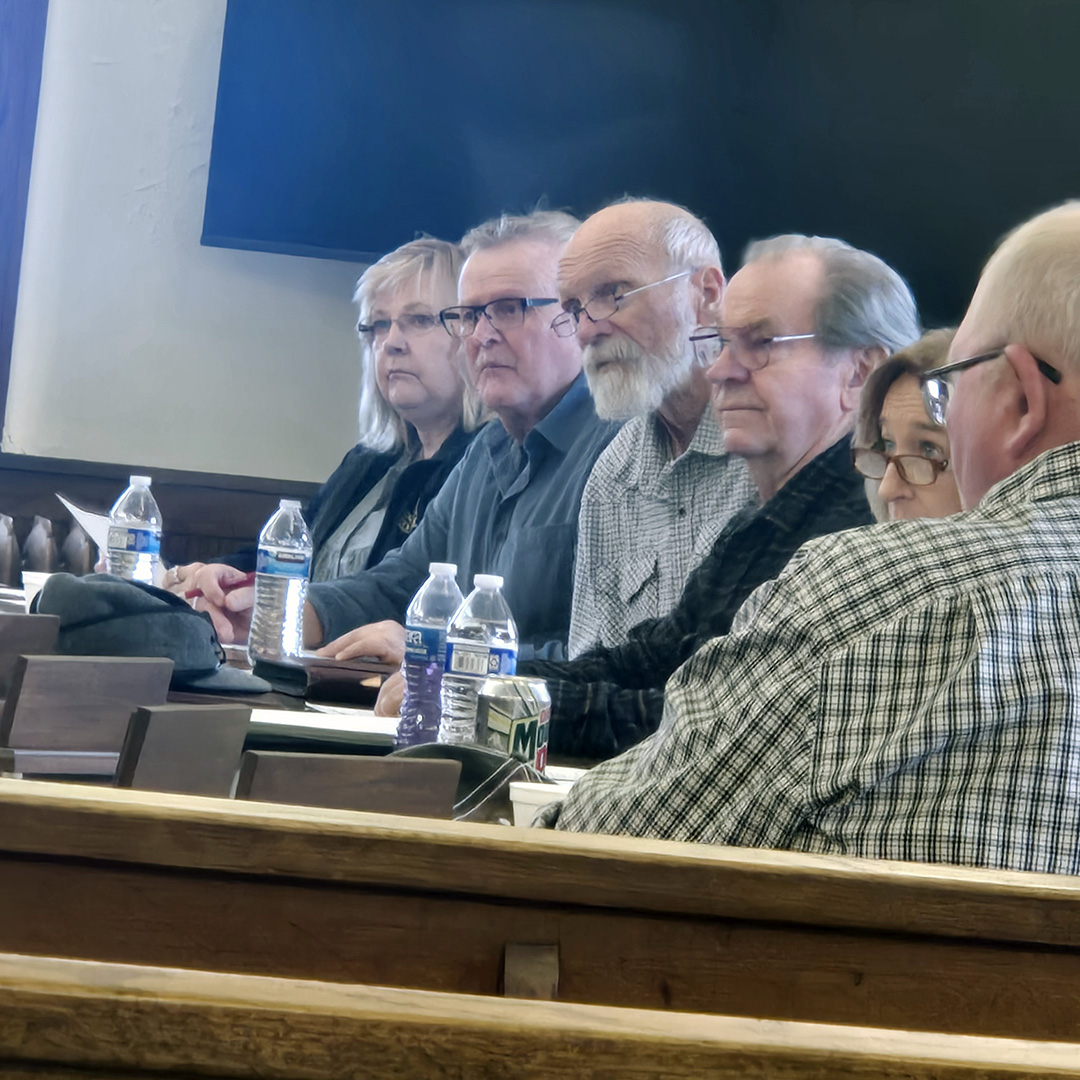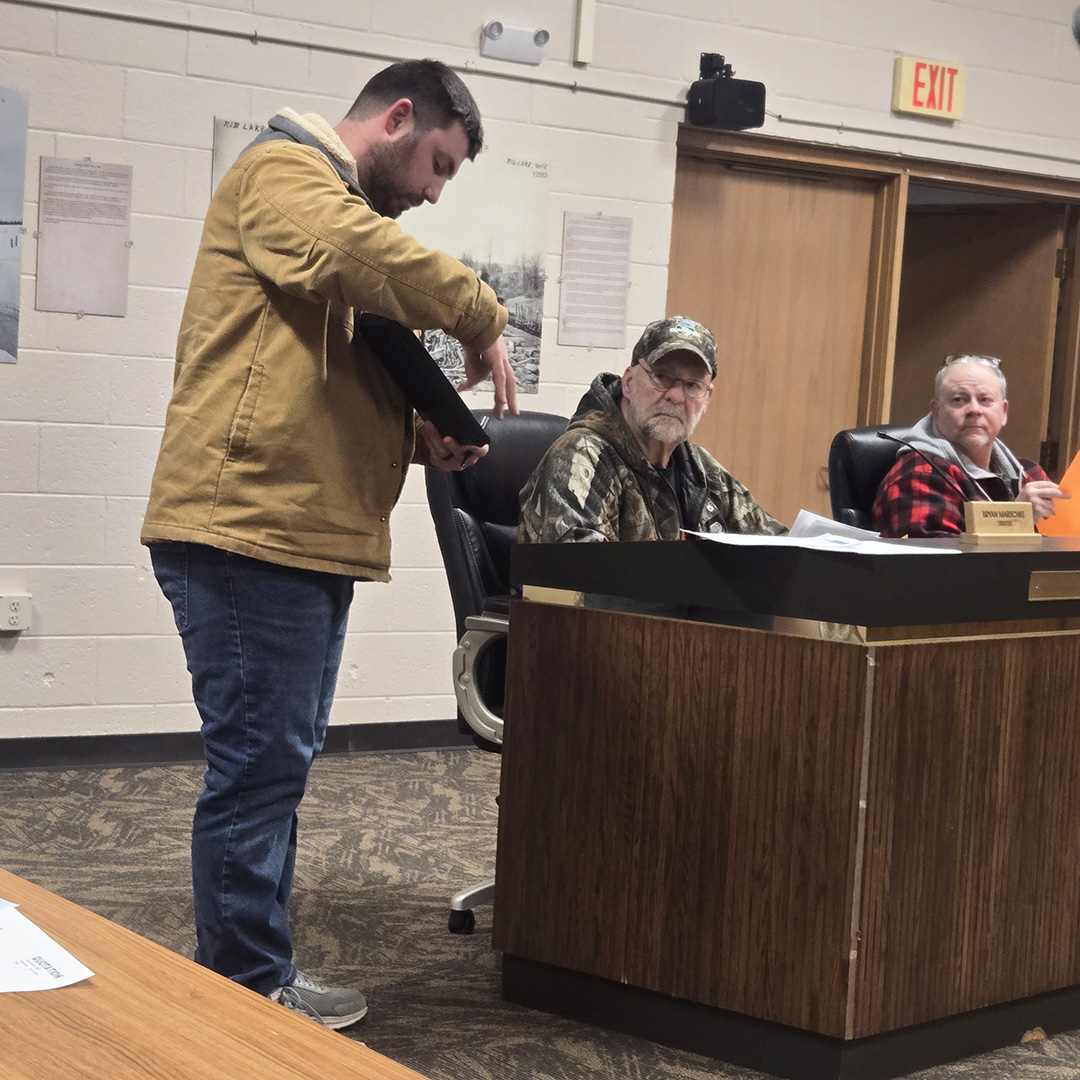City set to regulate shipping containers, minimum home size
Short term use of shipping containers for storage use is OK in all parts of the city of Medford with commercial and industrial having the option to request permission for longer-term use through a ...




